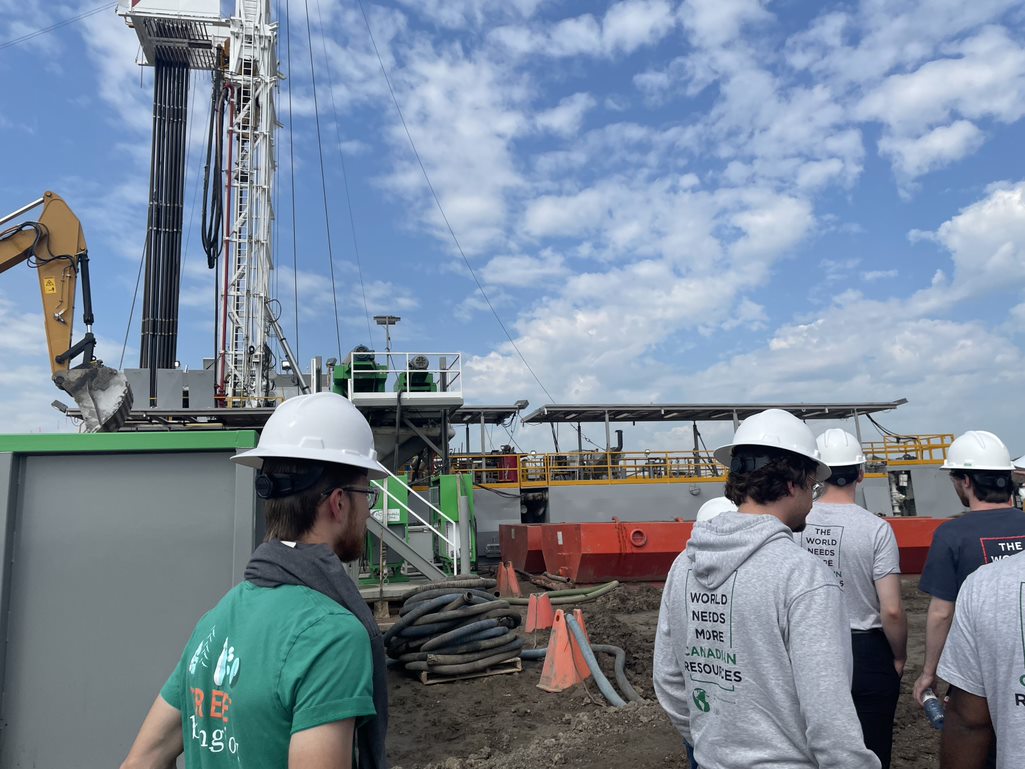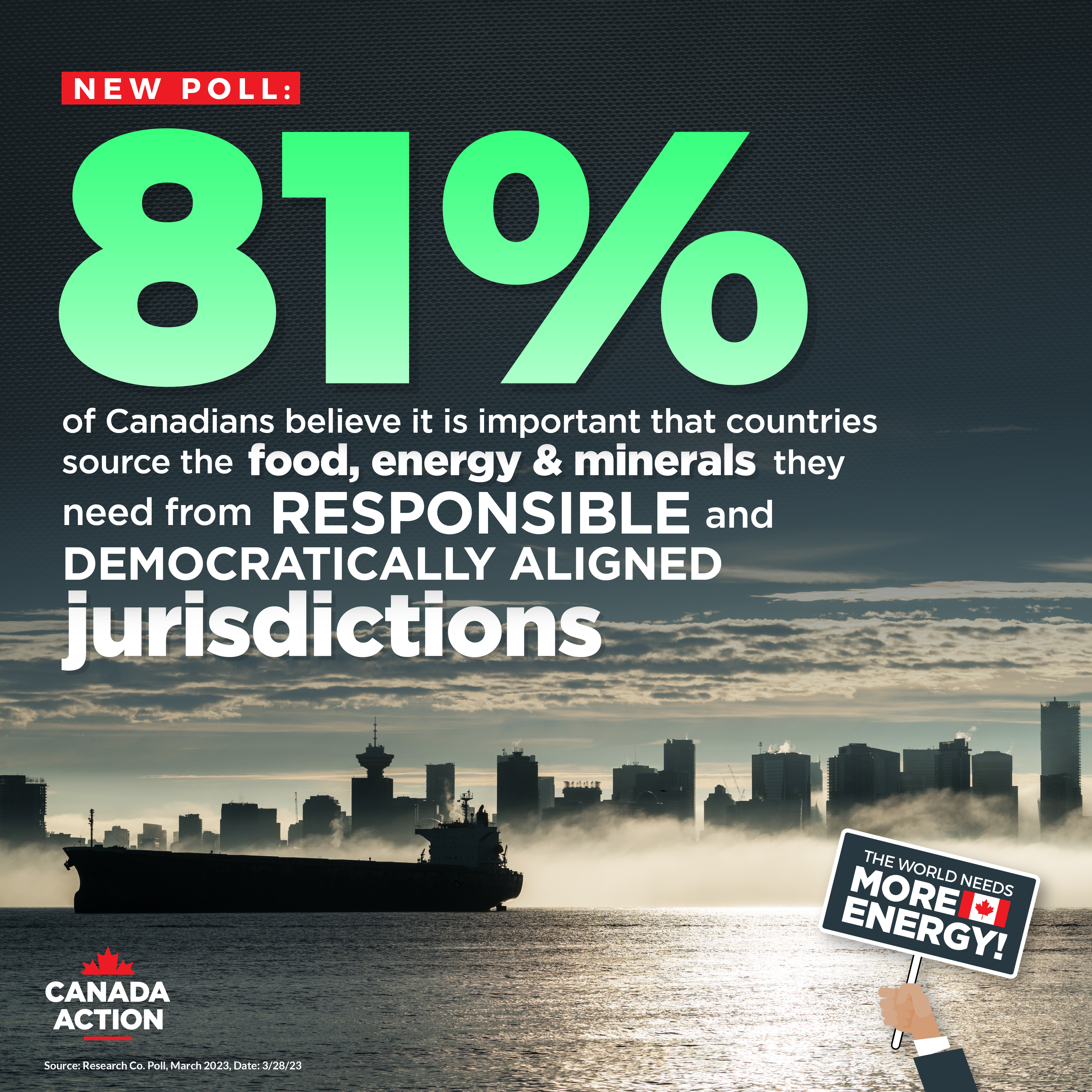Andrew Ahn – August 25, 2023
Let’s Tell The Story of Our Natural Resources in Canada
When I look back at some of my fondest memories throughout my life, I remember the activities and the sports that I participated in. These were the simple times when the only worries I had was waking up on time to make it to school and then proceeding to hang out and compete with my buddies in the arena.
At 7 A.M on cold winter mornings in Alberta, waking up to a not-so-bright but an early morning was the perfect way to spend my Saturdays. This is not what many people think of as an ideal Saturday. But for me, it was ideal because it marked the beginning of a road trip for a hockey game. The day would start by rolling up to a Tim Hortons drive-thru. A round of double-doubles for the parents and a round of hot chocolates and muffins for the kids. Then heading out to a small town in rural Alberta to play the game I loved.
Recently, I’ve been involved with the esports club at my university, competing against other universities across North America at the highest level of play for the collegiate level. The time I’ve invested into this club may have taken a hit on my grades, but that’s beside the point. It’s given me the opportunity to be part of a student group that I can connect with and the chance to play a game at the competitive level again. That’s enough for me to really enjoy pursuing esports.
Why do these stories matter?
These stories are examples of activities in my life that are really important to me and have shaped a part of my identity. They also share a common factor that made them both possible to begin with. It is through Canada’s natural resource sectors that give us the important things we need in our life.
How were these moments of my life affected by resources? This was never a question I had considered until recently this summer when I learned about the effectiveness of using stories to highlight the importance of Canadian resources.
Looking back on some of the activities I’ve been fortunate enough to participate in, I can think of a range of resource industries that have provided opportunities to make those activities even possible.
The roads that got me to the arenas, the fuel for the cars, the electricity needed for my computer, the food and drinks from Tim Hortons, and the materials needed to manufacture the equipment I used.
Oftentimes, it seems that the successes and achievements of Canada’s resource sectors don’t receive the recognition they should. One way we can highlight the importance of natural resource topics throughout Canada and the world is through the use of storytelling.
Just recently, I had the privilege of visiting an oil well operated by an energy company in Calgary and was able to interact with the employees deployed at the site. When talking to the workers on site, it was clear that they had a lot of stories on the importance of resources in their lives as well as their friends and family. Obviously, there might be some bias from the employees as they make their living through the industry, but you can’t ignore the fact that these are the same people who live closest to the sites. If the environmental impact of oil wells and pipelines were as bad as people make them out to be, you would think the people who live the closest to them would feel the impacts the most. In reality, these families enjoy a high quality of life and in many instances, you can see their lands are rich in agriculture and wildlife. Thinking about it logically, if the land around oil wells and pipelines had harsh environmental impacts, why would anyone choose to live there? From my experience at the oil well, it seems that the people directly employed in Canada’s resource industries are the ones with the most stories about the importance of our resources. It also felt more impactful hearing stories from them as they are involved directly in the field/business. Oftentimes, the narrative around resource development in Canada is negative and through the use of storytelling, we can take a step in the right direction to challenging those narratives.
There are a few reasons I believe that we should be using stories to showcase the importance of resources to all Canadians:

- Stories add a human side to conversations, making discussions around touchy subjects like resource development feel more personable rather than a straight-up argument. At the end of the day, whether stories are told in person or through a screen, the end result is another person receiving it and hearing stories that help to tap into the more empathetic side of an individual.
- Stories are unique to individuals while still highlighting the importance of natural resources. Because stories are unique to people, it can come as a breath of fresh air to someone who hears the same stats and information over and over again, especially from the media. Statistics hold knowledge that can be universally shared, but through stories; it can bring a new perspective on the importance of resources and bring people to think differently about the topic. Stories are also lived experiences, which means they cannot be critiqued or labeled false information. When portraying statistics, it can be easy to find flaws in those numbers. However, it becomes harder to call someone out for their story or call it insignificant.
- Stories are more memorable than trying to remember specific
statistics. This applies to both the individual who is telling it and the one listening to it. Looking back on the examples I gave earlier, I remember the moments and emotional side, not things like the specific dates, times or scores of the games. Think back to your lectures or classes. I’m willing to bet you wouldn’t remember the specifics from the talk, but can surely remember moments such as that one kid who always does something disruptive in the class. If topics aren’t of interest or people aren’t already interested in them, oftentimes numbers will fly over their heads.
Canada’s resource sectors are the backbone of Canada’s economy and are something we can’t live without, but lately, there has been a disconnect between Canadians and the interdependence we have with natural resources.
Resources in Canada have become a very polarized topic. It feels like Canada is divided into a 2 sided coin with a strong sense of “us vs them”. As an advocate of Canadian natural resources, I have heard and seen both sides of that coin. The side that wants to drill for oil all day and every day, then there’s the side that wants to stop any project involving fossil fuels. Getting someone to see eye to eye with you on these important topics can be really challenging. Being an advocate for natural resources is difficult. No matter how well we can portray our messages to create an awareness of their values, especially with how many unique perspectives there are. There is no single way to convince people of the importance of our resources. If there was, it would have been done by now. So as we strive to find common ground, let’s use our personal stories and experiences as a starting point.
